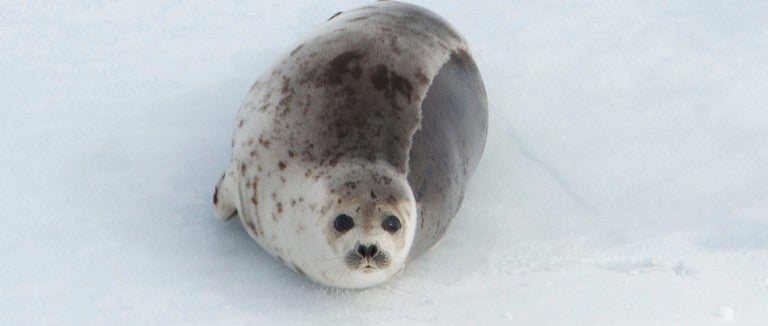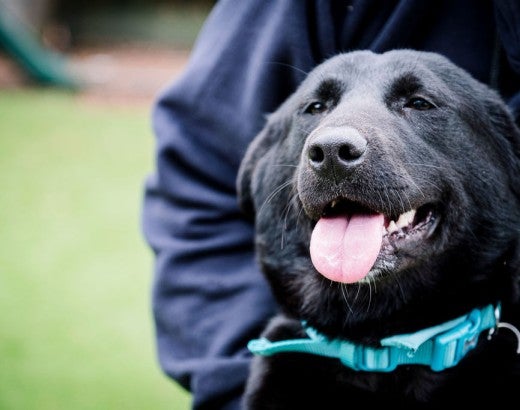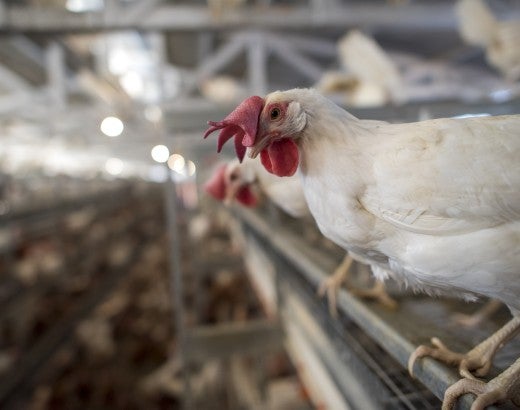Throughout 2018, Humane Society International has driven transformational changes for animals around the globe. Vietnam adopted animal welfare language for the first time in its history; Unilever supported a global ban on animal testing for cosmetics; the Indonesian government supported a ban on the dog meat trade; and Mexico’s Chihuahua state along the U.S. border banned dogfighting. We closed down three dog meat farms in South Korea and transported 357 dogs to safety and a chance at a better life, and assisted the authorities in the closure of the largest dog slaughterhouse in that country. And we’re ending the year with a decisive victory in a long-running battle to protect dolphins from hostile fishing fleets.
HSI now has a presence in more than 50 countries, and this year, we extended further into Sri Lanka and Philippines, where we hired new country directors. In South Korea, where we have already been working on the ground for many years, we opened an office.
Here are some of HSI’s most important victories of 2018:
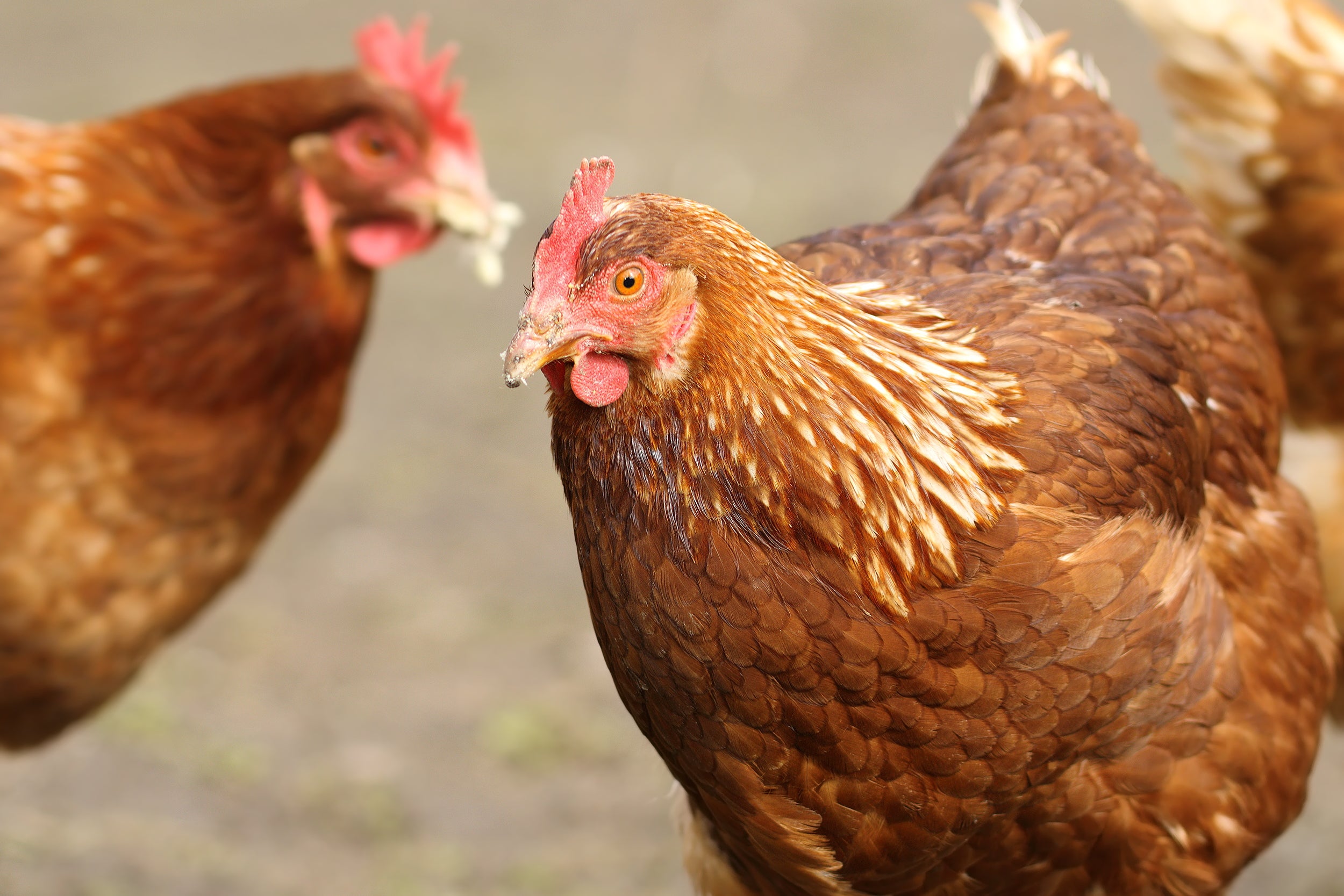
Making the world a better place for farm animals:
In 2018, we continued to expand our efforts to eliminate battery cages for egg-laying hens around the world. We continued working with Charoen Pokphand Foods (CP Foods), a leading egg producer in Thailand, on implementing their commitment to phase out the use of battery cages for 100 percent of company-owned layer hen farms in Thailand. We worked with dozens of food and hospitality countries around the globe to adopt cage-free egg policies. In Singapore, hotel and food companies Grand Hyatt Singapore and Andaz Singapore, the Privé Group, and Salad Stop! (Asia’s leading healthy food chain, with locations in eight Asian countries and Spain) committed to going cage-free in partnership with HSI.
In Brazil, HSI worked with Carrefour, the country’s leading retailer and second largest supermarket chain, on a commitment to sell exclusively cage-free eggs in all its 650 stores, and with Colombina, a leading Colombian food manufacturer, on its pledge to source only cage-free eggs for all its products. Through our hands-on plant-based culinary programs, we trained chefs in school districts, universities, corporate cafeterias and other institutions in countries like Brazil, Canada, South Africa, the UK, Vietnam and throughout the European Union to transition tens of millions of meals a year to 100 percent plant-based.
Globally, HSI organized outreach with Chief Veterinary Officers in more than 25 countries, successfully advocating for historic improvements in the World Organization for Animal Health’s recommended guidelines on the welfare of pigs. HSI also worked with the Dutch bank Rabobank, the world’s largest private agricultural financer, on a new sustainability policy, which includes a recommendation that producers stop using extreme confinement of farm animals.
Vietnam's legislative body, the National Assembly, adopted language that covers the welfare of farm animals and animals used in scientific research.
Rescuing animals trapped in natural disasters in Guatemala and India:
In Guatemala, HSI’s disaster response team provided on-the-ground relief work following the Volcan de Fuego eruption. HSI responders provided emergency treatment to dogs, cats, chickens, horses and other animals, more than 900 in all. In India, we helped with the rescue, treatment and care of animals after floods devastated the state of Kerala and its surrounding states, rescuing more than 200 animals.
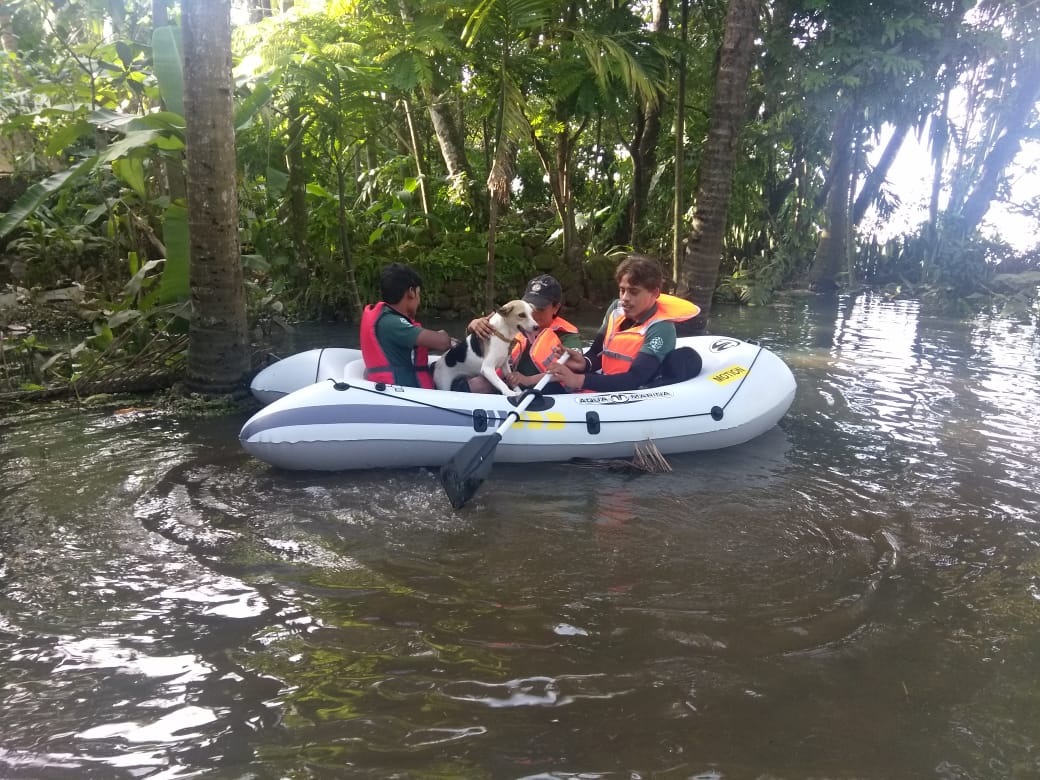
Striking at animal cruelty worldwide:
Canada, where we have long sought to ban commercial seal hunting, recorded one of its lowest commercial seal slaughter levels in years. India banned seal skin imports. In Costa Rica, we helped rescue 315 dogs from extreme cruelty in hoarding, wildlife hunting, abandonment and dog fighting cases. Just a few weeks ago, we assisted with the rescue of more than 70 animals who were crammed in a house, from a cruelty situation in Aguascalientes, Mexico. We provided training to law enforcement and government agencies in Costa Rica, Vietnam, Honduras and Mexico.
Winning legal and legislative battles for animal protection:
Canada’s ban on hunting grizzly bears in British Columbia came into effect this year – a ban for which HSI/Canada and its partners campaigned extensively. Tens of thousands of HSI supporters urged the BC government to stop the killing. After HSI/Canada and the HSUS shone a global spotlight on a controversial bear trophy hunting video, the province of Alberta banned spear hunting. In India, the high court of the state of Uttarakhand banned battery cages and the central government has given farmers six months to remove their battery cages. HSI successfully persuaded the majority of Indian states to declare that the use of battery cages violates the Prevention of Cruelty to Animals Act of 1960. India’s Delhi High Court ruled against battery cages.
In Mexico, the states of Chihuahua and Yucatan passed strong dogfighting legislation. HSI/Mexico helped draft the bill and supported its passage. Also, the country's National Supreme Court upheld Veracruz state's ban on cockfighting as legal and constitutional.
In India, under a new regulation, pet stores will be required to ensure the well-being of all animals under their care, thanks to joint efforts by the local group People For Animals and HSI/India. Also in India, in a landmark judgement, a court handed over custody of 56 cats in a cat hoarding case to an animal welfare organization and allowed them to put the cats up for adoption. HSI was heavily involved in the case.
In Honduras, a judge imposed the second highest fine for animal cruelty in the nation ever against an individual found guilty of mistreating work animals and violating the Animal Protection and Welfare Law of Honduras.
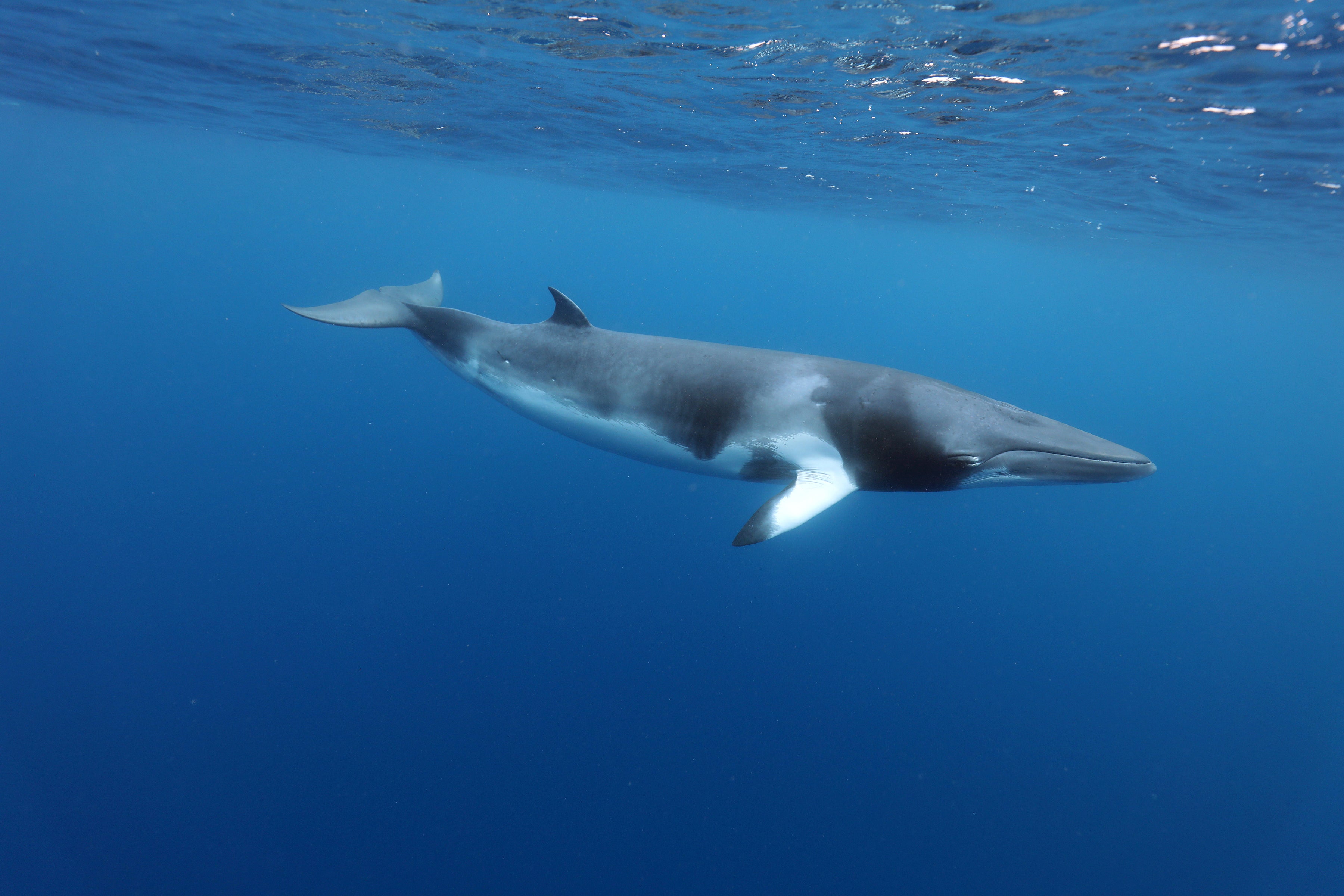
Gains for wildlife:
Our 30-year battle to protect dolphins from fishing fleets that target them, often injuring or killing them to catch the tuna that swim below them, is finally over, after the World Trade Organization upheld a panel ruling from October 2017 that found that the U.S. amendments to its dolphin-safe labeling regime brought it into compliance with WTO rules. Tuna sold in the United States will continue to only get the “dolphin-safe” label if the fishing fleets do not set nets on dolphins.
In September, at the International Whaling Commission’s meeting in Brazil, more than 40 countries soundly rejected Japan’s package of proposals seeking to upend a 32-year global commercial whaling moratorium.
Making progress on ending animal testing:
Japan and South Korea announced the end of year-long pesticide poisoning tests on beagle dogs. HSI has led the global campaign to abolish this test since 2010.
In India, pesticide safety standards were amended to include reduction in animal usage and replacing animals with non-animal methods. In Brazil, HSI successfully campaigned for a cosmetic animal testing ban in the state of Minas Gerais, making it the seventh Brazilian state to ban this practice.
In Canada, the Senate passed the Cruelty Free Cosmetics Act, bringing the country closer to becoming a cruelty-free cosmetics market. The bill is a product of campaigning by HSI/Canada and the Animal Alliance of Canada.
The world’s second largest beauty brand, Unilever, announced its support for the #BeCrueltyFree campaign led by HSI, aimed at banning animal testing for cosmetics across the globe within five years.
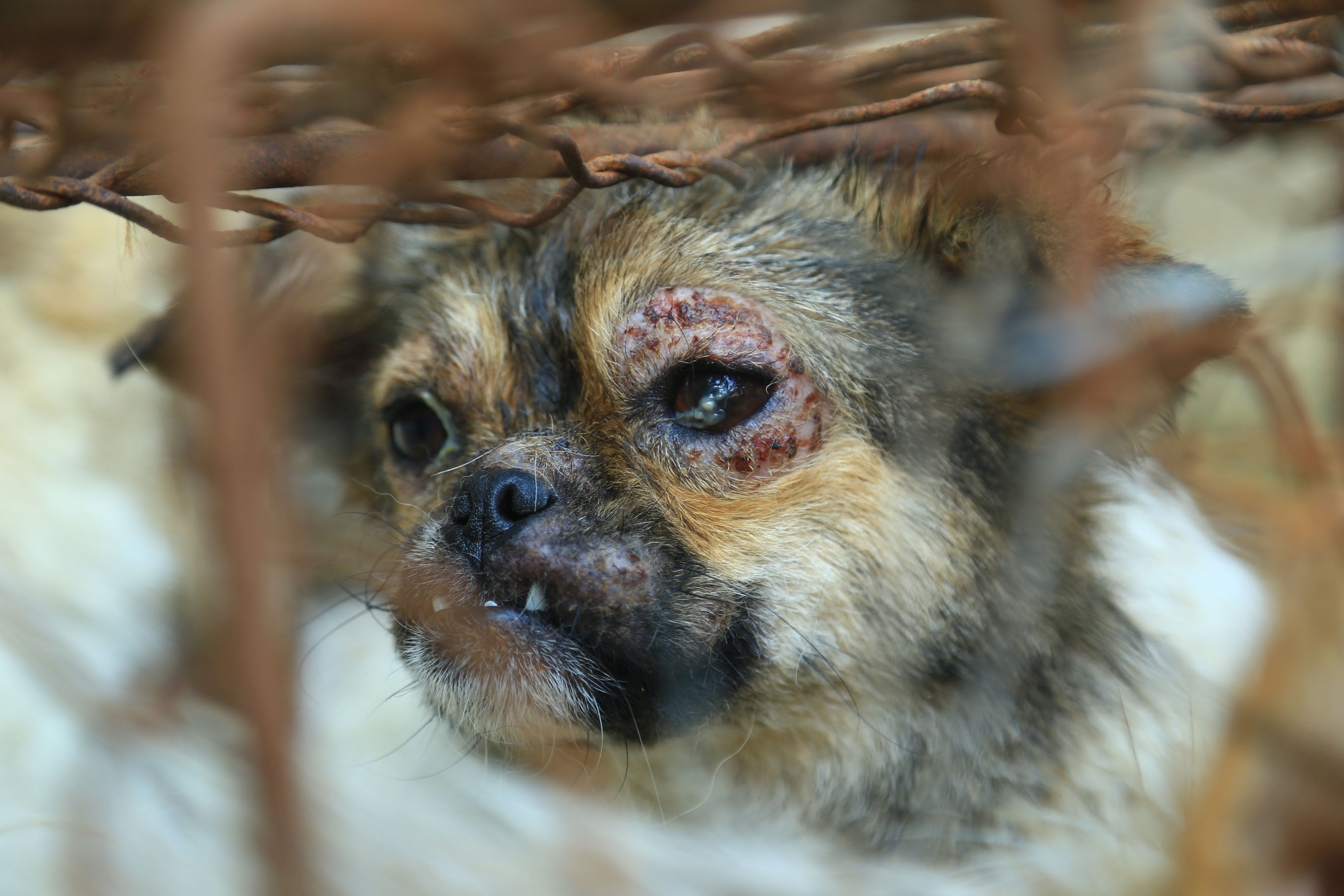
Striking against dog meat and other companion animal cruelties:
In 2018, we closed our 13th dog meat farm in South Korea and rescued more than 200 dogs, bringing the total of dogs rescued since we started this work to almost 1,600. We also strengthened our partnerships with leading Korean animal groups, and assisted Seongnam city council in shutting down and demolishing South Korea’s largest dog slaughterhouse.
In China, HSI assisted in the closure of four slaughter operations of the country's dog/cat meat industry, leading to the rescue of more than 300 dogs and 375 cats. In July, HSI provided immediate assistance with a rescue that resulted in the confiscation of 110 dogs. We also helped rescue 137 dogs from the Yulin dog meat festival.
In Vietnam, our work as part of the Asia Canine Protection Alliance inspired the Hanoi government to call on citizens to stop eating dog meat. The Indonesian government pledged to ban the dog and cat meat trade after HSI helped release our Dog Meat-Free Indonesia investigative report linking the dog meat trade to the spread of rabies. We also presented to the government a letter signed by more than 90 celebrities asking Indonesia to stop the trade.
In Mauritius, we set up and run a spay/neuter clinic in Paradise Island – the first-ever there – and thousands of dogs will being treated. Our spay/neuter work for companion animals resulted in more than 1,400 dogs and cats spayed and neutered in Africa, more than 92,000 in Asia and more than 12,000 in Latin America. More than 80,000 dogs were spayed/neutered in the Philippines, and 297 dogs and cats in Guam.
A number of our fights to protect animals around the world – like our fight against trophy-hunting of African wildlife -- begin at home. This year, the U.S. Fish and Wildlife Service lifted an Obama-era ban on elephant and lion trophy imports from certain African countries, and a billionaire trophy hunter applied for – and received – a permit to import the body parts of an endangered black rhino he killed. The Trump administration, in July, also proposed changes to the Endangered Species Act, the bedrock law that protects endangered and threatened animal species and their habitats, further throwing into doubt the future of many wildlife species around the world. Our legal, legislative and wildlife teams worked hard to confront these challenges.
In 2019, we’ll expand our global campaigns to help and protect animals, and deliver the kinds of results that our supporters expect. Results that bring meaningful and dramatic changes in the lives of imperiled animals across the world.
